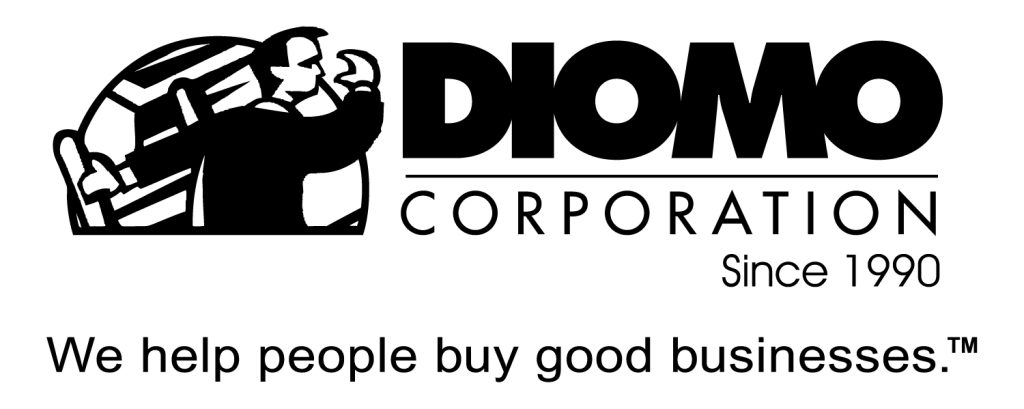How wonderful it would be if the banks welcomed business buyers with open arms and an open vault.
Sure, all those feel good TV ads from the banking industry like to convey a story of how customer friendly they are – just walk right on in and they’ll lend you the money to realize your dreams.
Guess what? It won’t happen. Never has, never will.
To make matters worse,
far too many business brokers will tell buyers seller financing is not possible or to go the route of an SBA loan, and have set unrealistic expectations for their seller that all-cash deals are common.
Again, it’s simply not the case. Never has been. Never will be.
While there is no hard data on small business purchases, the general understanding is that third-party financed deals represent about five percent of the transactions.
So what about the other ninety-five percent?
Well, there are some cases of all-cash deals, but again they are very rare. There are some transactions amongst family members which may not include immediate transfers of money. And so, we are left with the vast majority of deals and likely around 80 – 90 percent of all transactions and these are undoubtedly done the common way – a buyer deposit and a note held by the seller.
While the terms can vary including interest rates, length and percentage of the total deal being financed, a general rule is for the seller to carry thirty to fifty percent at current interest rates plus a few percentage points over three to seven years.
The dilemma for many buyers however is never getting to the point of presenting sellers with an offer because they are often stonewalled by brokers or the seller’s legal/financial representative, or family members trying to dissuade them from carrying a note.
I can certainly understand a seller’s trepidation, but the reality is that if they truly want to sell their business, they have to participate in the financing. End of story. Otherwise, their business will be another one that remains on the market forever.
Similarly, for most buyers, the only way they can acquire a business of the size required to generate the income they seek is to get seller financing.
So there you have it – it’s just common sense:
Bank financing is rarely an option – most buyers don’t have the resources for an all-cash deal – if a business owner wants to sell they have no choice but to provide financing to get the deal one.
And by the way, any broker who tells you that seller financing is not common, is full of it. At the same time, any broker who has told his seller client that they won’t have to finance, should find another line of work.
Here’s what to do:
whenever you come across a business for sale listing of interest, disregard what the seller or their representative may say about not carrying a note
. As discussions progress, and you and the seller gain credibility and trust in one another, these deal terms will be more acceptable. At the same time, it is imperative that you also go down the route of understanding the requirements to obtain third-party financing so you will be able to show sellers why, in almost all cases, neither you nor their business will qualify for a loan; this is critical ammunition to have on your side in negotiations.
When a seller is truly motivated to sell and you have demonstrated that you are the right buyer, the right deal terms will materialize.
As such, if the initial reaction to seller financing is rebuffed, don’t be discouraged. At the end of the day, rest assured that it’s almost guaranteed to be the deal terms in place when that business is sold.

